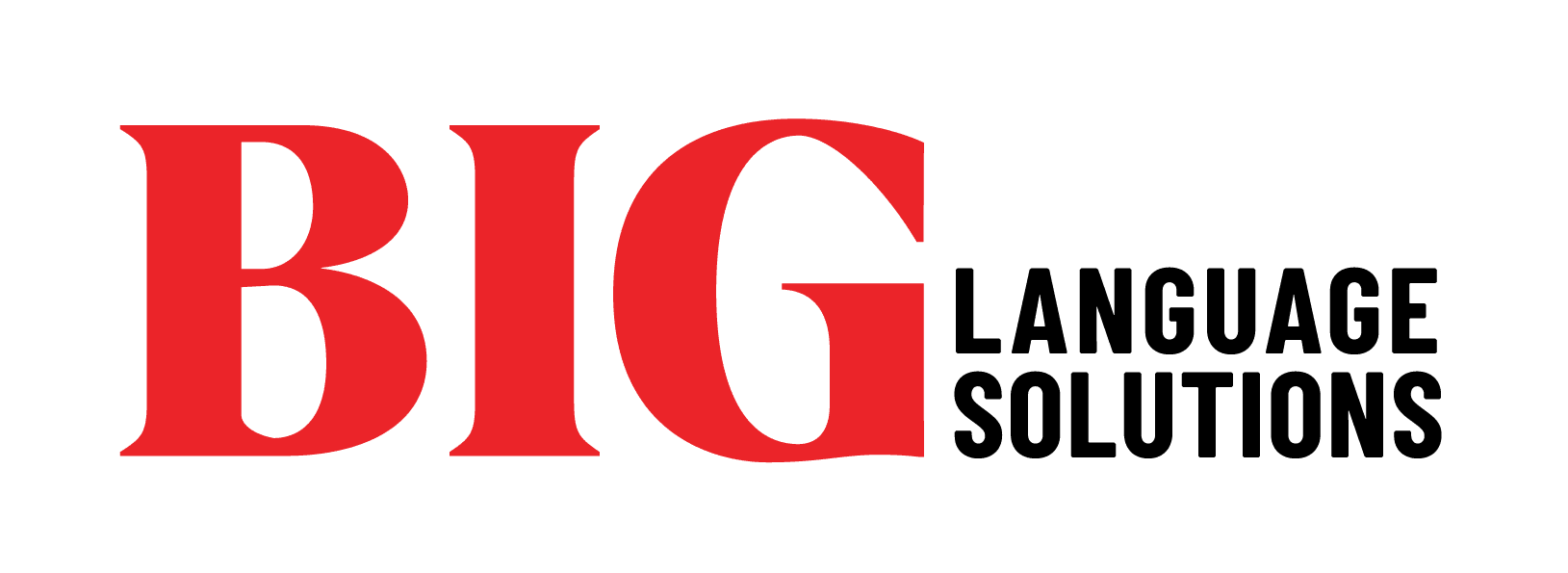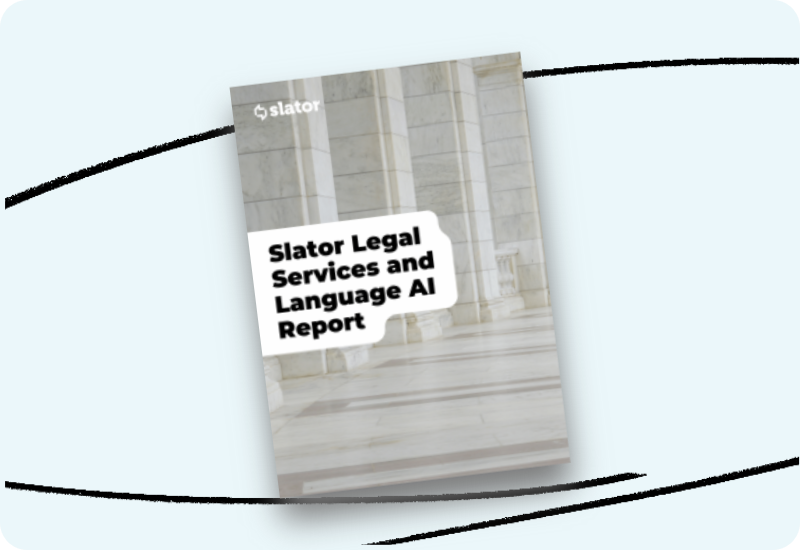Imagine a courtroom where a non-English-speaking defendant is on trial. If the interpreter is not neutral and inaccurately translates key witness testimonies—maybe due to personal bias or lack of precision—the defendant may misunderstand critical evidence presented against them. This miscommunication could lead to poor outcomes during the trial, such as giving an ill-advised testimony or agreeing to an unfavorable plea deal.
In another example, consider a hospital interpreter responsible for translating a doctor’s explanation of a medical procedure to a limited-English-proficient patient. If critical details are left out—such as the procedure’s risks or alternative treatment options—the interpreter effectively withholds information from the patient. They risk the patient’s health and expose the hospital to lawsuits and ethical scrutiny.
Organizations like hospitals, government agencies, or law firms working with unskilled interpreters risk lawsuits for malpractice, negligence, or rights violations, which can result in penalties, damage to their reputation, and long-term financial consequences.
The stakes are too high to risk inaccurate, unprofessional, biased, or non-confidential interpretation. Ethical guidelines for interpreters are critical.
The Critical Role of Ethics in Interpretation
Ethical conduct is essential in all interpretation encounters. However, avoiding ethical violations becomes particularly crucial in healthcare, government, legal and education settings, where interpreters are responsible for maintaining accuracy in communication in high-stakes and sensitive situations. Let’s take a look at the nuances of ethics in three different areas.
In healthcare:
- Clarity of communication means that patients understand diagnoses and treatment options, leading to improved health outcomes.
- Confidentiality builds trust between patients, interpreters, and healthcare providers.
- Standards like accuracy and respect for cultural differences protect patients from potential harm caused by miscommunication.
In government services:
- Non-native speakers get equal access to justice and public services.
- Interpreters don’t inappropriately influence outcomes or decisions.
- Individuals can access critical information and benefit from confidentiality in sensitive cases, such as immigration matters.
In education:
- Students, families and caregivers from diverse backgrounds have equal access to educational resources and opportunities.
- Schools, students, and parents can communicate clearly and participate in an inclusive environment where all parties involved respect cultural and linguistic differences.
- Families make informed decisions about their child’s education and well-being.
The Basics of Interpreting Ethics
While specific codes of ethics for interpreting services may vary slightly between organizations and industries, interpreters generally follow the same core principles.
Any code of ethics will include the following guidelines:
- Confidentiality: Interpreters must protect all parties’ privacy and any sensitive information shared during interpretation.
- Impartiality: An interpreter’s role is to facilitate communication without influence or interference, so they must remain neutral and unbiased and refrain from expressing personal opinions.
- Accuracy: Interpreters must communicate everything, including uncomfortable content and/or tangential information. They must accurately relay messages even when they disagree with others’ viewpoints or behavior.
- Professionalism: Interpreters must set appropriate role boundaries with clients, medical professionals, or legal parties. They must also stay accountable for their work and communicate transparently and honestly with each party involved.
- Respect: Interpreters must treat all parties with dignity and respect, including patients, clients, family members, and other professionals.
Examples of Interpreters’ Code of Ethics
National associations play a crucial role in establishing ethical guidelines and codes of conduct for interpreters. While these codes share common principles, they also emphasize aspects specific to their fields.
National Council on Interpreting in Health Care (NCIHC):
The NCIHC code of ethics aims to maintain high patient care and communication standards. Fundamental principles include confidentiality, professionalism, accountability, impartiality, accuracy, and cultural respect.
These guiding principles emphasize beneficence (promoting positive outcomes for patients) and fidelity (fulfilling professional commitments) to ensure that interpreters prioritize the patient’s well-being and follow through on their responsibilities.
This code of ethics also requires interpreters to recognize and respect cultural differences in healthcare practices and not favor one cultural perspective.
Registry of Interpreters for the Deaf (RID)
RID’s code of ethics applies to interpreters working with the deaf and hard-of-hearing communities. Like the NCIHC, it promotes effective, respectful communication and emphasizes professional boundaries. It ensures that interpreters maintain their role as communication facilitators without becoming personally involved in the interactions between clients or parties.
Core principles include confidential communication, impartiality, accuracy, and recognition of the deaf community’s unique cultural identity.
Court Systems
Due to the critical nature of legal proceedings, court interpreters operate under precise ethical guidelines to secure fair access to justice for all parties, regardless of language barriers.
Ethical codes vary with the state, but all courts emphasize neutrality and verbatim accuracy. Interpreters must remain entirely neutral and avoid any influence on the legal proceedings, regardless of personal beliefs or the content of the case. There must be no additions, omissions, or alterations that would alter any aspect of the legal proceedings, which could significantly affect the justice process.
Hiring Ethical Interpreters: What to Look for and Why It Matters
Memberships in professional organizations and references from previous clients are also strong signs of a commitment to high ethical standards.
You can also seek interpreters who engage in continuous professional development to improve their skills and deliver high-quality services.
Here are some questions you can ask to assess an interpreter’s qualifications, ethical standards, and ability to manage the complexities of professional interpretation in various settings.
- How do you handle confidentiality, especially when dealing with sensitive information?
- Can you describe a situation where you had to navigate an ethical dilemma? How did you resolve it?
- How do you handle situations where your personal beliefs conflict with your professional responsibilities?
- Can you provide examples of how you’ve navigated cultural differences in past assignments?
- How do you maintain professional boundaries in sensitive settings?
- How do you handle situations where a miscommunication occurs during a session?
Answers to these questions will help you understand their approach and provide insight into their commitment to ethical standards. If you are not hiring interpreters directly, then partnering with a language services provider (LSP) that handles the entire process—screening, testing, and ongoing quality assurance—can make the process easier for you and guarantees that you will only work with interpreters who adhere to the highest ethical standards.
How BIG Language Solutions Supports Your Organization with Interpretation Services
At BIG Language Solutions, we only hire interpreters who align with ethical standards. We actively monitor calls, listening closely to confirm that our professionals transmit messages precisely as intended without paraphrasing or summarizing.
We expect them to remain neutral, never offering advice or influencing the conversation. Our process of finding, vetting, hiring, and monitoring our interpreters means you can rely on our experts to provide clear, ethical, and accurate communication in every interaction.
Whether you need interpretation services for healthcare, legal matters, government interactions, or education, we’ve got you covered. Our team is dedicated to understanding your specific needs and connecting you with top-tier interpreters who are professional, trustworthy, and committed to ethical standards. Contact us today to explore how we can support your communication needs with integrity and precision.





